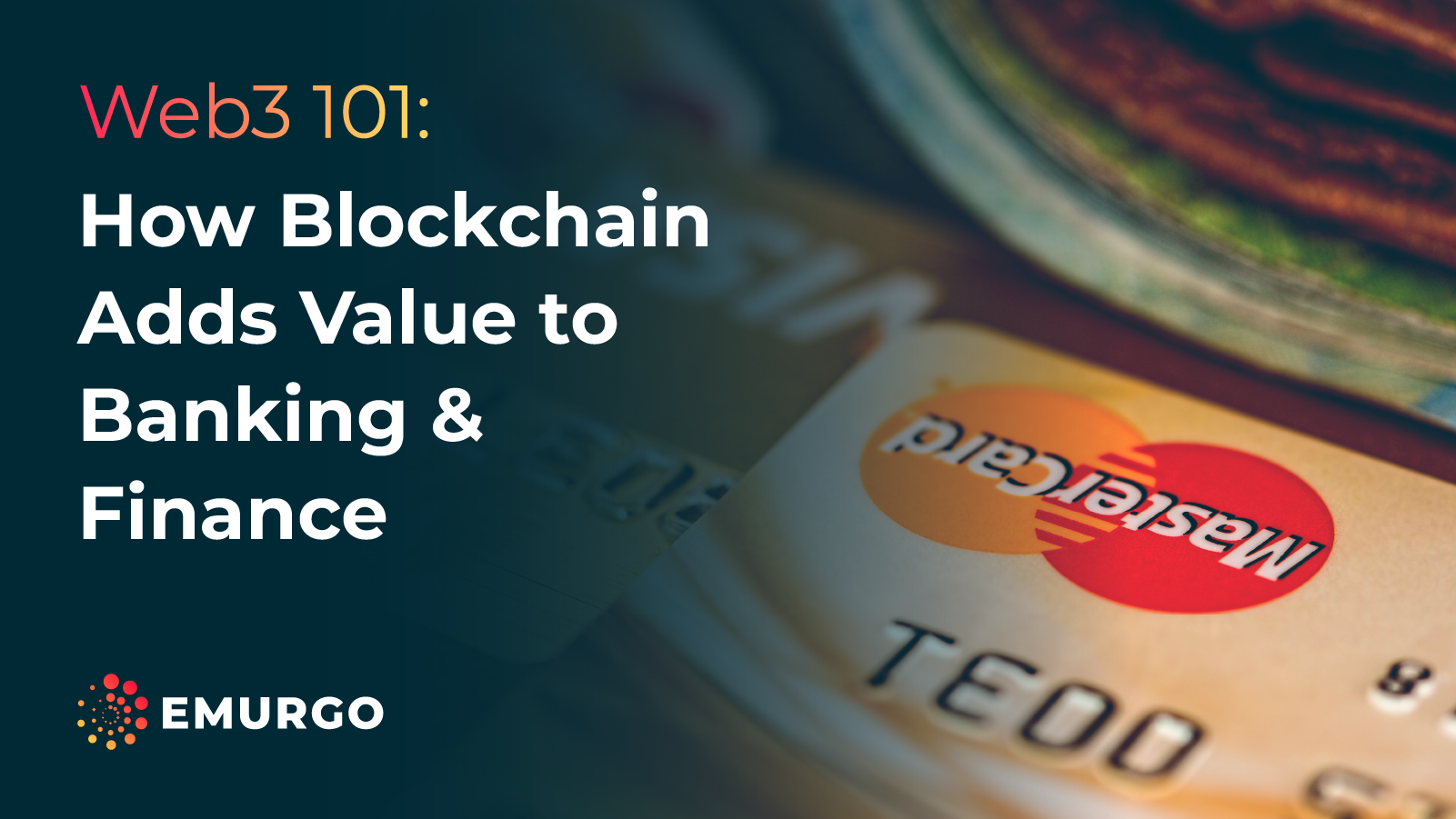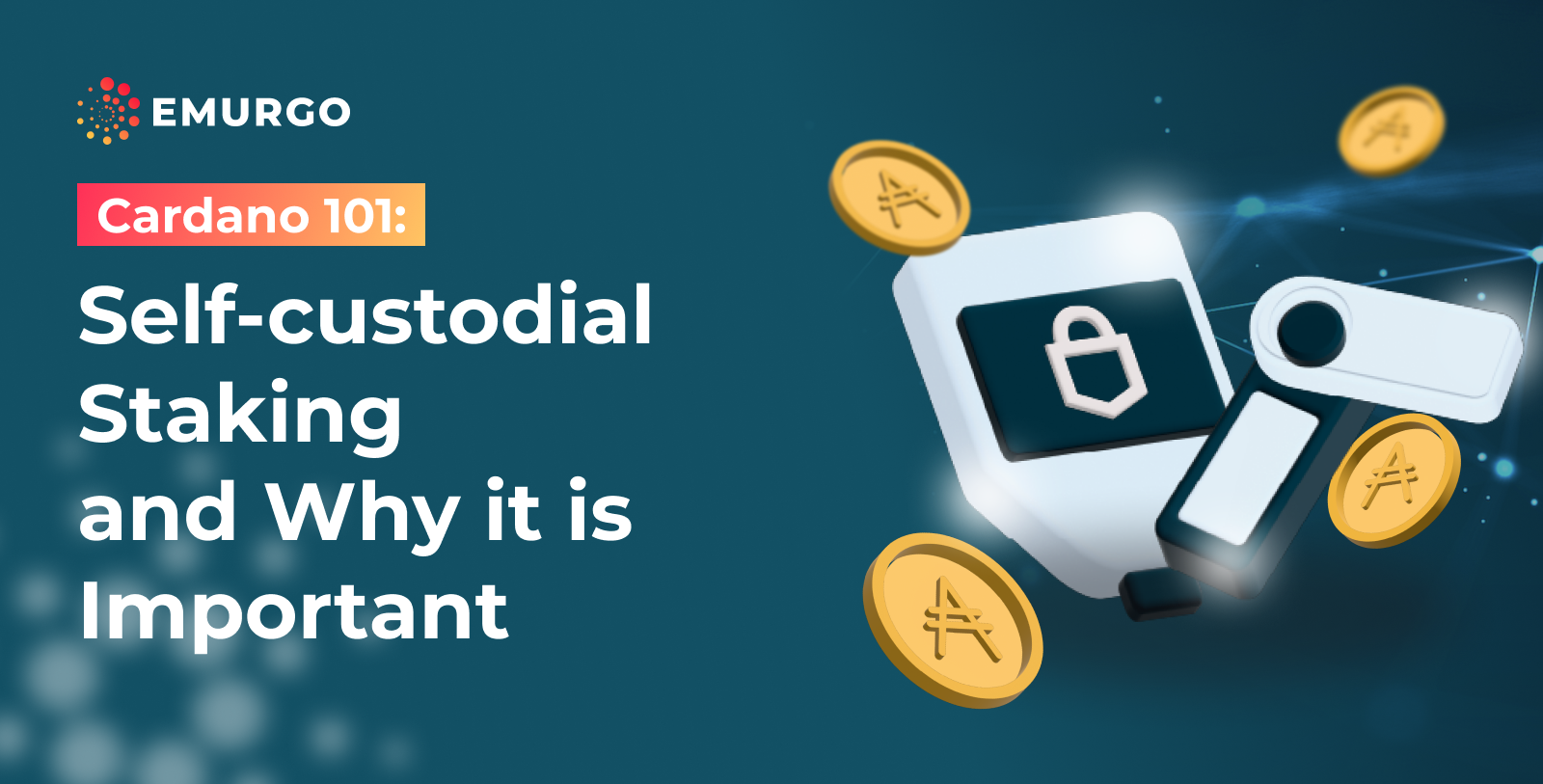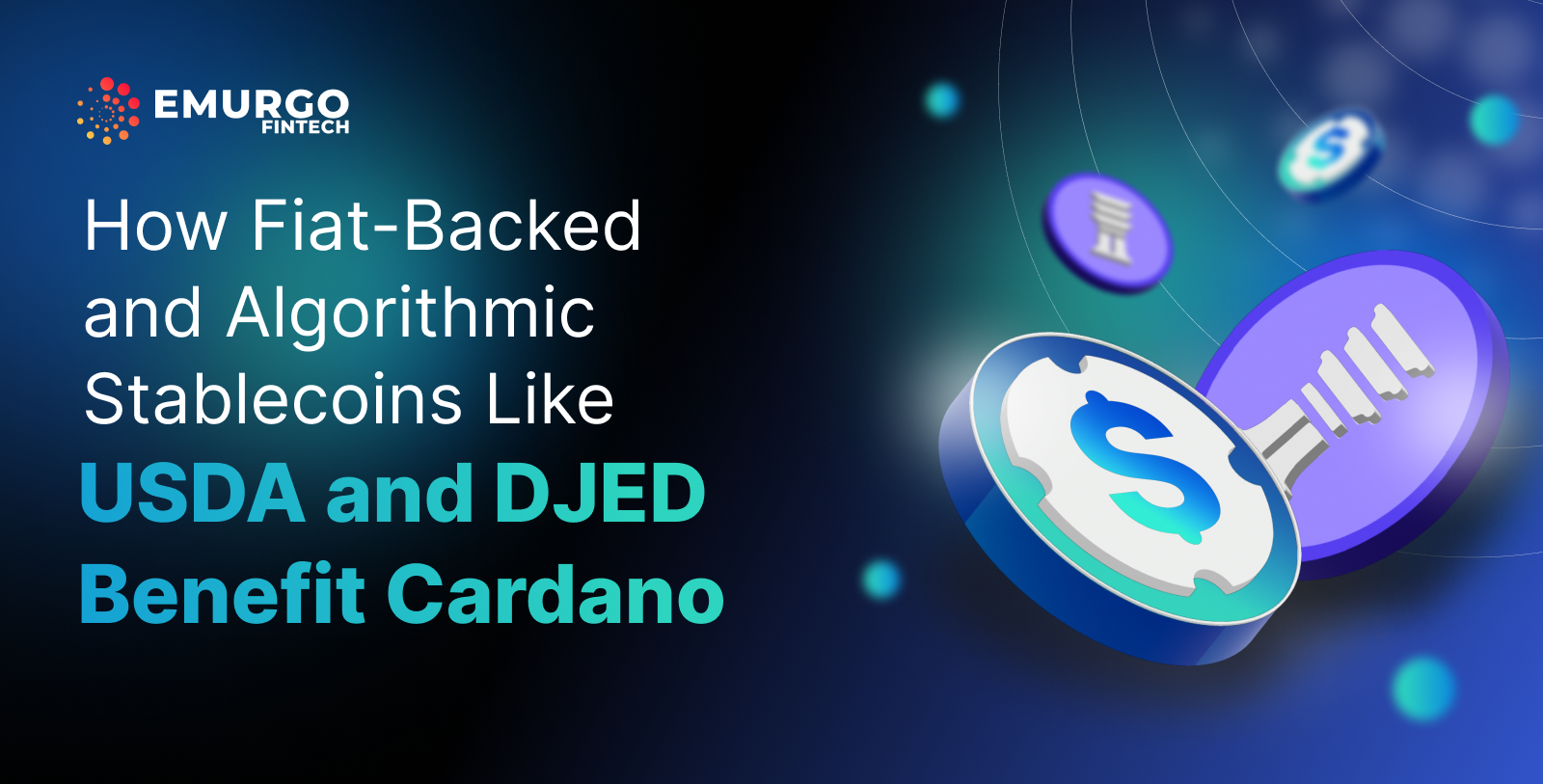Web3 and blockchain bring a new paradigm to banking and centralized trust
Blockchain technology is an important part of the greater Web3 movement which is redefining the modern banking industry as we know it at an increasing pace.
Today, the concept of trust, or centralized trust, is at the heart of the world’s modern banking and financial industry infrastructure.
The arrival of blockchain technology has now sparked a global conversation around the possible decentralization of many centralized industries. This disintermediation of centralized trust comes from blockchain technology’s inherent characteristics that provide decentralization: real-time transparency, instant transfer of value and settlement across borders, data immutability, permissionless access, and more.
So what does this mean for financial institutions and the average banking customer?
Banks & financial companies which were traditionally platforms of necessity (for access to credit, wealth custody, and transfers of value) will need to become platforms of value.
Financial institutions can now leverage blockchain solutions to add greater value to their consumers’ experiences and gain access to a wider range of new customers that desire more open and modern financial services.
What benefits can blockchain and Web3 provide for banks and financial companies?
Here are some key opportunities that blockchain solutions can uniquely deliver to the financial industry today:
Rapid financial transactions
The ability to move money anywhere and settle, at near instantaneous speed, is something that has not existed throughout the history of banking. Settlement clearing which currently can take several “business days” will get faster (moving from days to seconds regardless of the time & day). Transaction and settlement fees will reduce tremendously for foreign currency remittances. These improvements happen in the back end without the need for the user to be aware of the underlying blockchain technology.
Blockchain-based credit reports
Credit reports can dramatically impact customers’ financial lives. Blockchain-based credit reporting with its distributed database is more secure than traditional, centralized server-based credit reporting, and can enable companies to take non-traditional factors into account when calculating credit scores.
Currently, a lack of reliable credit data and actively available blockchain-based solutions render blockchain-based credit financing practically impossible. However, this was also a significant bottleneck for distributing traditional credit in the financial industry of the nineteenth and twentieth centuries.
According to the U.S. Federal Reserve:
“Few financial institutions in the nineteenth and early twentieth centuries were willing to extend consumer credit; lenders did not have sufficient information to assess the creditworthiness of most individual borrowers, and the costs of managing such loans in any number would have been prohibitively high.”
Providing high-quality, blockchain-based credit history is a logical next step and can significantly improve consumers’ access to blockchain-based loans, as well as traditional credit products. Soon, blockchain-based solutions for extending financial credit services can quickly automate credit lending & borrowing if conditions are met, securely verify credit histories, and thereby reduce administrative costs for both companies and consumers.
Reduced cost of compliance
Blockchain solutions offer stakeholder transparency, full auditing, and a real-time view of the essential documents that regulatory bodies would usually request access to. In the United States, federal regulations require licensed banks to file “Suspicious Activity Reports” on behalf of FinCEN (Financial Crimes Enforcement Network). This means that regulatory bodies rely on the banking industry to manage potentially fraudulent transactions.
Through blockchain solutions, detailed financial metadata can be embodied into a transaction (the “story” of an asset). This makes it far easier for financial institutions to have a detailed record of potentially suspicious activity. This certainly reduces the cost of compliance as a burden on the banks by having this feature naturally embedded into blockchain-based solutions, a hefty cost that is ultimately passed onto end consumers.
How will blockchain and Web3 benefit daily banking customers?
We are already experiencing many subtle changes in the way blockchain solutions are impacting the banking & financial industries.
Some fintech firms already allow the purchase and sending of cryptocurrencies, which sit alongside traditional fiat currencies in mobile wallets.
In the short to medium term, countries with developed banking infrastructure will introduce rapid bank transfers with near-instant settlement rates and low fees for foreign remittances and other transaction types.
This will be the first major effect blockchain will have on daily banking consumers’ lives.
In countries without established banking infrastructure, blockchain solutions offer a completely new financial system from the bottom up.
Consumers in such countries who have Internet access without adequate banking systems will be more likely to embrace new concepts of markets, regulation, and financial services.
Consumers who are not bound to the existing banking system are more likely to be open to blockchain-based solutions, which are intrinsically global, and decentralized, and allow anyone to move reputation, assets, and identity as easily as someone would make a bank transfer.
Wider access to all sorts of value-added services at low cost, and the potential for economic empowerment carries enormous incentives for consumers in these markets.
Enjoyed reading this blog? Meet EMURGO at TOKEN049 in Singapore

As a founding entity of Cardano, EMURGO has the necessary resources to support your Web3 startup or existing business joining the Cardano ecosystem. EMURGO bridges the technical and knowledge gap in Cardano and Web3.
If you are looking to build on Cardano or have an interesting Web3 project that is looking for technical and funding support, EMURGO will be at the upcoming TOKEN2049 conference in Singapore on September 28-29, 2022 to discuss how Cardano’s environmentally-sustainable blockchain platform might be an ideal fit for your needs.
For more questions, please contact marketing@dev.emurgo.io
About EMURGO
- Official Homepage: dev.emurgo.io
- Twitter (Global): @EMURGO_io
- YouTube: EMURGO channel
- Discord: EMURGO Community
- Facebook: @EMURGO.io
- Instagram: @EMURGO_io
- LinkedIn: @EMURGO_io



